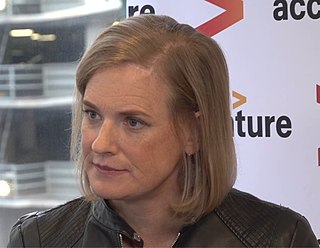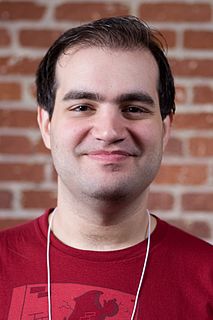A Quote by Geoffrey Hinton
The question is, can we make neural networks that are 1,000 times bigger? And how can we do that with existing computation?
Quote Topics
Related Quotes
The important thing to know about playing to win and playing not to lose is that there are actually different neural networks that are being used. It's not very easy to do both at the same time and, if you are trying to have a playing to win mentality, you're going for it, there's some things that trip you up or trigger the wrong neural network. If you start worrying about your mistakes all of a sudden, if you get too focused on the facts and the details, these are going to shift your neural networks and sort of screw up your strategy.
We have no proper understanding of the relationship between conscious thought and conscious sensation. The various forms of thought and sensation are underpinned by very different neural mechanisms; so how can the neural correlate of their conscious natures be the same? I don't think we are yet in a position to make such speculations. To make progress, we have to have a good conception of the phenomenology of consciousness, among other things.



































